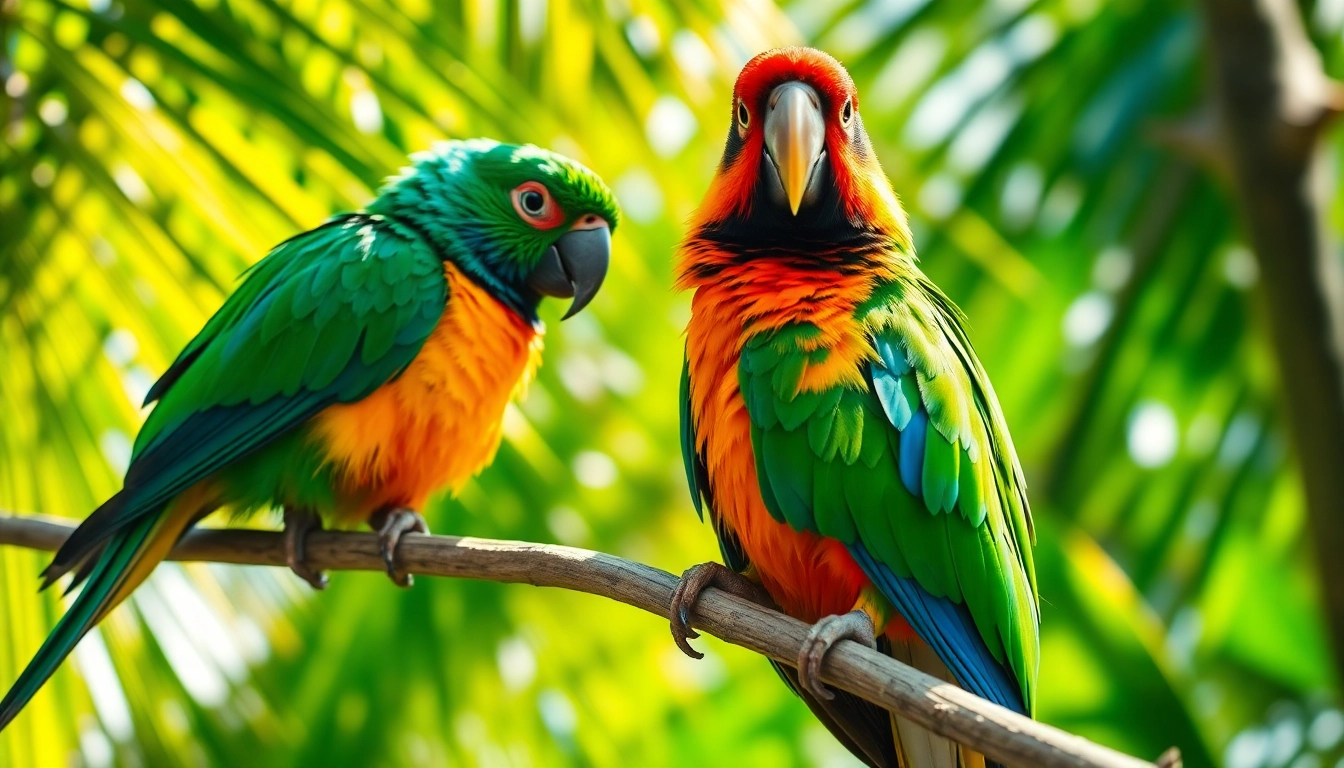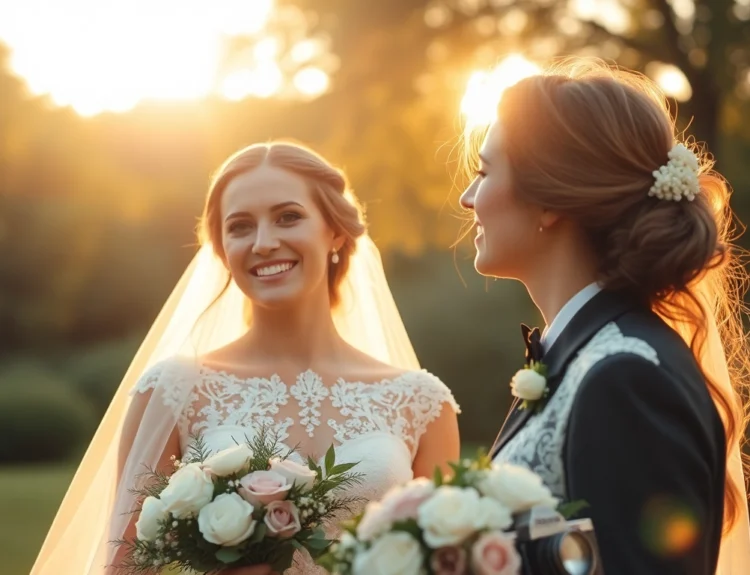Introduction to Parrots and Their Significance
Parrots are among the most charismatic and intelligent avian species, captivating bird enthusiasts, scientists, and conservationists worldwide. Known for their vibrant plumage, remarkable vocal abilities, and complex behaviors, parrots hold a special place in both natural ecosystems and human cultures. Their significance extends beyond their aesthetic appeal; they play vital roles in ecological processes and serve as cultural symbols in numerous societies. Understanding the diversity, ecological importance, and cultural relevance of parrots provides a foundation for appreciating their value and the need for their conservation. For those interested in adopting a parrot as a pet, comprehensive knowledge about their care, behaviors, and conservation status is essential to ensure a rewarding and responsible relationship.
For more insights into maintaining a healthy, happy parrot, visit parrots and discover expert advice on avian care and well-being.
Understanding Parrot Species and Variations
Parrots encompass a diverse group of bird species within the order Psittaciformes, which includes over 350 species spanning various families such as Psittacidae (true parrots), Cacatuidae (cockatoos), and Strigopidae (New Zealand parrots). These species vary significantly in size, habitat preference, and behavioral traits. For instance, the vibrant African Grey Parrot is renowned for its exceptional cognitive skills and vocal mimicry, while the Sun Conure dazzles with its fiery colors and playful nature.
Some of the most recognized parrot species include Macaws, Amazons, Caiques, lovebirds, and parrotlets. Each species has unique dietary needs, social behaviors, and environmental requirements, making it imperative for potential keepers to research thoroughly. The remarkable diversity within the parrot family underscores the importance of species-specific care and conservation efforts, as many species face threats due to habitat destruction and illegal trade.
The Role of Parrots in Ecosystems and Cultures
In their natural habitats, parrots fulfill crucial ecological roles. As seed dispersers, they facilitate forest regeneration by spreading seeds over wide areas, which sustains biodiversity and forest health. Their foraging behaviors influence plant community dynamics, and their diet often includes fruits, nuts, seeds, and blossoms, contributing to ecosystem balance.
Culturally, parrots have symbolized wisdom, freedom, and companionship in various societies. Indigenous peoples in South America, Australia, and Africa regard parrots as spiritual animals, often featuring them in folklore, art, and ceremonial practices. In modern popular culture, parrots symbolize intelligence and vibrant life, inspiring everything from literature to entertainment. The cultural significance of parrots has fueled both their admiration and, paradoxically, their exploitation, necessitating a balanced approach that respects ecological and cultural values.
Recent Trends in Parrot Conservation Efforts
The decline of wild parrot populations due to habitat loss, illegal capture, and the pet trade has prompted increased conservation initiatives worldwide. Notably, habitat protection programs aim to preserve traditional nesting and foraging sites, while breeding and reintroduction projects seek to bolster declining populations. NGOs and governmental agencies have collaborated to establish protected areas and enforce bans on illegal trade, such as the Convention on International Trade in Endangered Species of Wild Fauna and Flora (CITES).
Public awareness campaigns and community engagement play vital roles in promoting sustainable practices. Education efforts focus on discouraging the illegal pet trade, emphasizing responsible sourcing, and encouraging support for conservation organizations. Recent advancements also include the use of technology such as satellite monitoring and genetic studies to better understand population dynamics and develop targeted conservation strategies, safeguarding parrots’ future both in the wild and in captivity.
How to Care for Parrots as Pets
Essential Parrot Care Tips for Beginners
Caring for parrots requires a commitment to providing a stimulating environment, proper nutrition, and social interaction. As intelligent animals, parrots need mental stimulation through toys, foraging activities, and social engagement. House parrots in spacious cages that allow for flight and movement, and ensure they are placed in a room with ample natural light, away from drafts and direct heat sources.
Regular veterinary check-ups are vital to monitor health, prevent disease, and address issues early. Cleanliness is essential—daily cage cleaning and weekly bath routines help maintain hygiene and skin health. Educate yourself about species-specific needs, as some parrots are more prone to certain health conditions or behavioral issues.
Moreover, establishing a routine helps parrots feel secure. Consistent feeding times, social sessions, and environmental enrichment are key to fostering a balanced and happy pet.
Diet and Nutrition Strategies for Parrots
A balanced diet is fundamental to a parrot’s health. Fresh fruits and vegetables should comprise a significant portion of their daily intake, supplemented with high-quality formulated pellets designed for avian nutritional needs. Seeds, while popular, should be given in moderation due to their high fat content and lower nutritional value.
Additional dietary supplements, such as calcium sources and vitamin blocks, may be necessary depending on the species and individual health condition. Fresh water must be available at all times, and food should be replaced daily to prevent contamination. Consulting with an avian veterinarian can help tailor a diet that suits your parrot’s specific requirements.
Creating an Enriching Environment for Parrots
Enrichment is critical for preventing boredom and promoting natural behaviors. Provide a variety of toys, such as bells, foraging puzzles, and chewable items, to stimulate their physical and mental faculties. Rotate toys regularly to maintain interest.
Allow supervised out-of-cage time in a safe, bird-proofed room. Incorporate perches of different textures and sizes, natural branches, and mirrors to mimic their natural habitat. Environmental enrichment also includes social interaction—parrots thrive on companionship, whether from their owners or other birds.
Training and Behavioral Management
Effective Techniques for Teaching Parrots Commands
Training parrots involves patience, consistency, and positive reinforcement. Use clicker training or treats to encourage desired behaviors and commands. Keep training sessions short—around 10 to 15 minutes—to maintain the bird’s interest and prevent frustration.
Start with basic commands like “step up” and “step down,” gradually increasing complexity. Be sure to reward immediately after a correct response, and avoid punishment, which can lead to fear and aggression. Training not only promotes obedience but also enhances the bond between owner and bird.
Socializing Parrots for Better Temperament
Early and ongoing socialization helps develop a friendly and well-adjusted parrot. Introduce the bird to different people, environments, sounds, and objects gradually. Use calm, gentle handling to build trust, and encourage interaction with family members and visitors.
Consistency and positive experiences foster confidence and reduce behavioral issues such as biting or fearfulness. Socialized parrots are more likely to be affectionate, cooperative, and easier to manage in various situations.
Handling Common Behavioral Challenges in Parrots
Parrots may exhibit behavioral issues like screaming, biting, or feather plucking. Identifying the underlying causes—boredom, stress, lack of social interaction, or health problems—is crucial for effective intervention. Enrichment, social engagement, and sufficient space often alleviate these issues.
If behavioral problems persist, consulting an avian behaviorist can provide tailored strategies, including environmental modifications and training techniques, to improve their well-being and your relationship.
Types of Parrots and Their Unique Traits
Popular Parrot Species for Pet Ownership
Selecting the right species depends on your experience, living situation, and expectations. Conures are lively and relatively easy to care for, making them a popular choice for beginners. African Grey Parrots are highly intelligent and require mental stimulation but can be challenging due to their loud calls. Budgerigars (budgies) are small, affordable, and excellent starter birds.
Macaws and large cockatoos offer breathtaking beauty but demand extensive space and committed care, suitable for experienced owners. Research each species’ lifespan, noise level, and social needs before making your decision.
Distinctive Features of Exotic Parrots
Exotic parrots like the Hyacinth Macaw or the King Parrot display striking colors and unique behaviors. These species often require specialized diets, spacious cages, and specific habitat conditions. Their rarity and higher conservation concern highlight the importance of ethical sourcing and responsible ownership.
Choosing the Right Parrot for Your Lifestyle
Consider your space, daily routine, activity level, and experience with birds. Large parrots generally need more interaction and mental engagement, while smaller species may be more manageable but still require daily attention. Assess your ability to commit, and select a species that aligns with your lifestyle to ensure a harmonious relationship.
Conservation and Ethical Considerations
Impact of Wild Parrot Trade and Habitat Loss
The illegal trade and deforestation significantly threaten wild parrot populations. Many species are captured illegally for the pet market, leading to population declines and genetic concerns. Habitat destruction from logging, agriculture, and urbanization further exacerbates these threats, fragmenting vital ecosystems and reducing nesting sites.
How to Support Parrot Conservation Programs
Support reputable conservation organizations by donating, volunteering, or raising awareness. Participate in citizen science projects such as monitoring local wild populations or habitat restoration initiatives. Educate others about the importance of preserving natural habitats and combating illegal trade.
Ethical Sourcing and Responsible Ownership
Buy parrots only from licensed breeders who adhere to ethical standards, ensuring parrots are bred in humane conditions. Avoid purchasing from the black market or unverified sources, as this fuels illegal trade and may contribute to population declines. Responsible owners also commit to providing lifelong, high-quality care, respecting the species’ natural behaviors and conservation needs.



